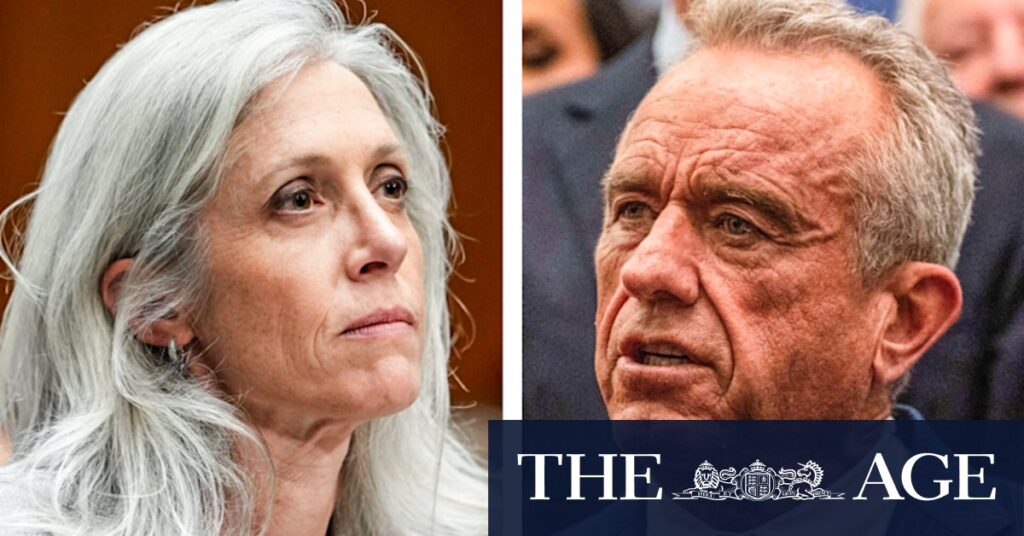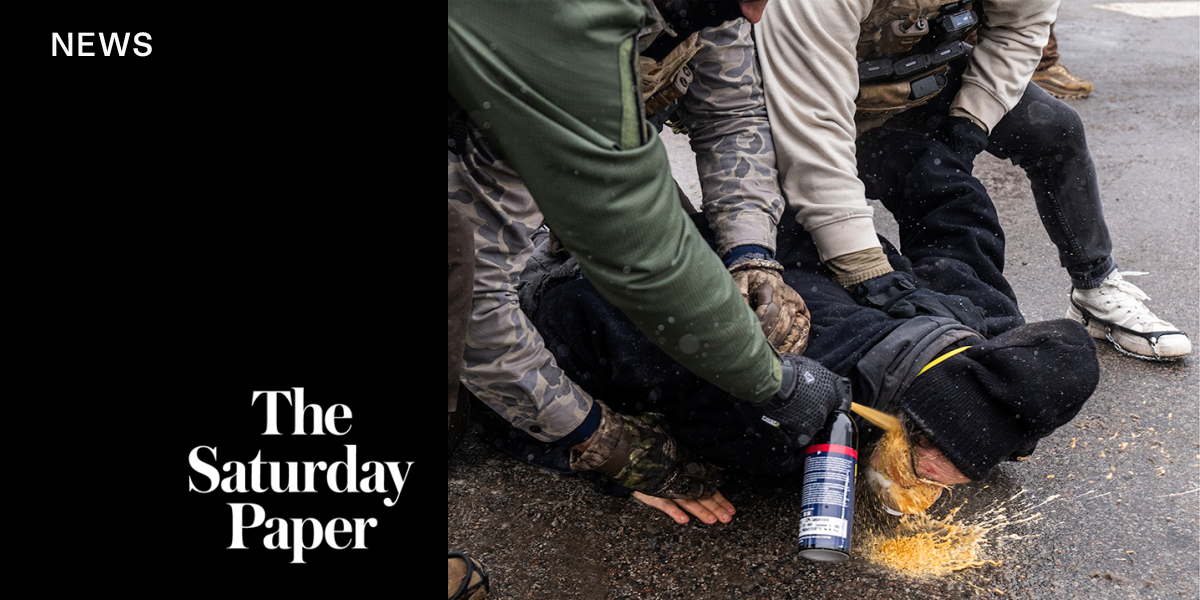
Washington: The Trump administration has dismissed the head of the United States’ leading public health agency, the Centers for Disease Control and Prevention (CDC), just weeks into her tenure. This decision has been followed by the resignation of several senior leaders, as tensions with Health Secretary Robert F. Kennedy Jr. over vaccine policy erupt into public view.
The removal of CDC Director Susan Monarez comes after a reported confrontation with Kennedy on Monday, during which she challenged his controversial stance on vaccines. This information was disclosed by a source familiar with the situation, who requested anonymity due to the sensitive nature of the matter.
Monarez had recently appeared before a Senate committee hearing in June after being nominated by the Trump administration to lead the CDC. Her departure marks a significant upheaval within the agency, which plays a critical role in managing public health crises.
Background and Context
The CDC, an agency under the Department of Health and Human Services, has been at the forefront of the nation’s response to public health emergencies, including the COVID-19 pandemic. Susan Monarez’s appointment was seen as a stabilizing force, aiming to restore trust and efficacy in the agency’s operations.
However, her tenure was abruptly cut short following a disagreement with Kennedy, who has been a vocal critic of vaccine mandates and policies. Monarez had reportedly been summoned to an in-person meeting at the Health and Human Services Department in Washington, D.C., where the confrontation took place.
Official Statements and Reactions
In a statement released on Wednesday night, White House spokesperson Kush Desai commented on the decision, stating that Monarez “is not aligned with the President’s agenda of Making America Healthy Again.” This remark underscores the administration’s commitment to its health policy direction, despite internal dissent.
Meanwhile, the departure of Monarez has sparked concern among public health experts and policymakers. Many fear that the leadership changes could disrupt ongoing public health initiatives and undermine the CDC’s credibility.
Expert Opinions and Analysis
Public health experts have expressed alarm over the leadership shakeup at the CDC. Dr. Anthony Fauci, former director of the National Institute of Allergy and Infectious Diseases, noted that “consistent leadership is crucial for maintaining public trust and ensuring effective health policy implementation.”
Dr. Leana Wen, a public health professor at George Washington University, echoed these sentiments, emphasizing that “the CDC’s role is to provide science-based guidance, and any political interference can have detrimental effects on public health outcomes.”
“The CDC’s role is to provide science-based guidance, and any political interference can have detrimental effects on public health outcomes.” – Dr. Leana Wen
Historical Parallels and Future Implications
This development is reminiscent of past instances where political considerations have influenced public health decisions. The tension between scientific integrity and political agendas has been a recurring theme in the history of U.S. public health policy.
Looking ahead, the leadership changes at the CDC may have far-reaching implications. The agency’s ability to effectively manage future health crises could be compromised, and public confidence in health recommendations may wane.
As the situation unfolds, the Biden administration will need to navigate these challenges carefully to ensure that the CDC remains a trusted authority in public health. The appointment of a new director aligned with the administration’s health agenda will be a critical step in this process.
The next steps for the CDC involve stabilizing its leadership team and reaffirming its commitment to science-based health policies. The agency’s future effectiveness will depend on its ability to balance political pressures with its core mission of protecting public health.







